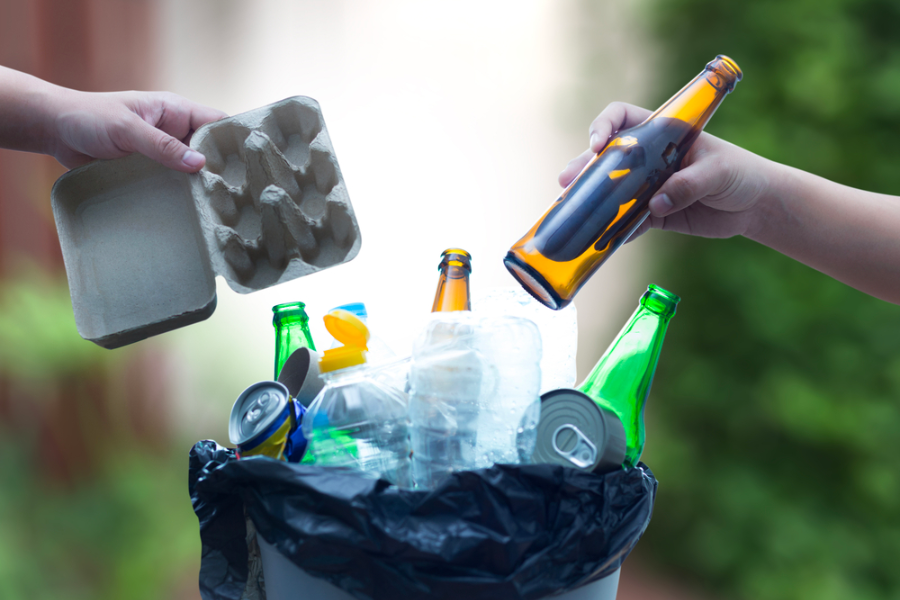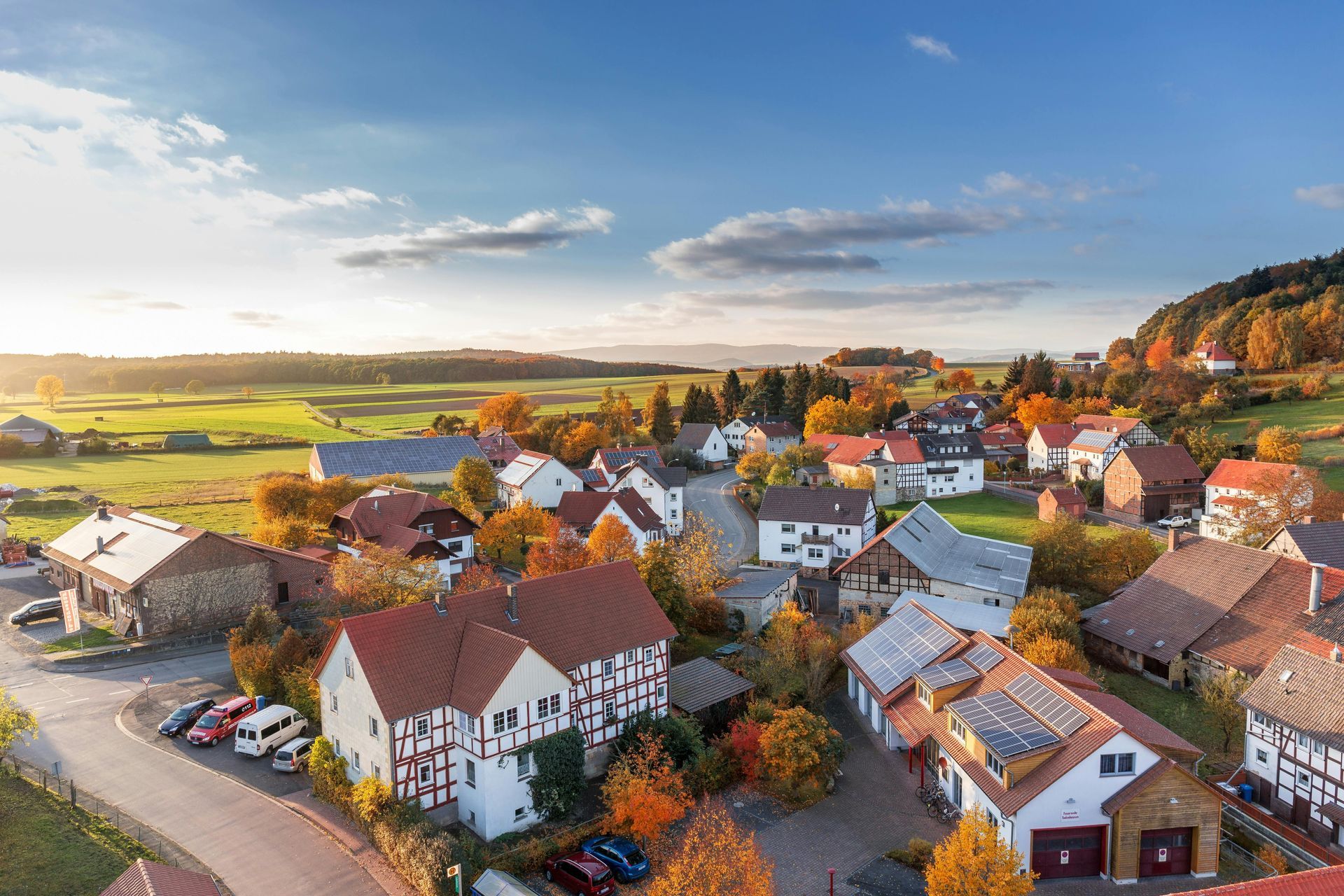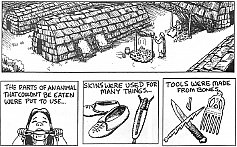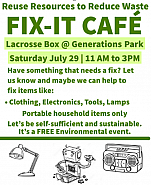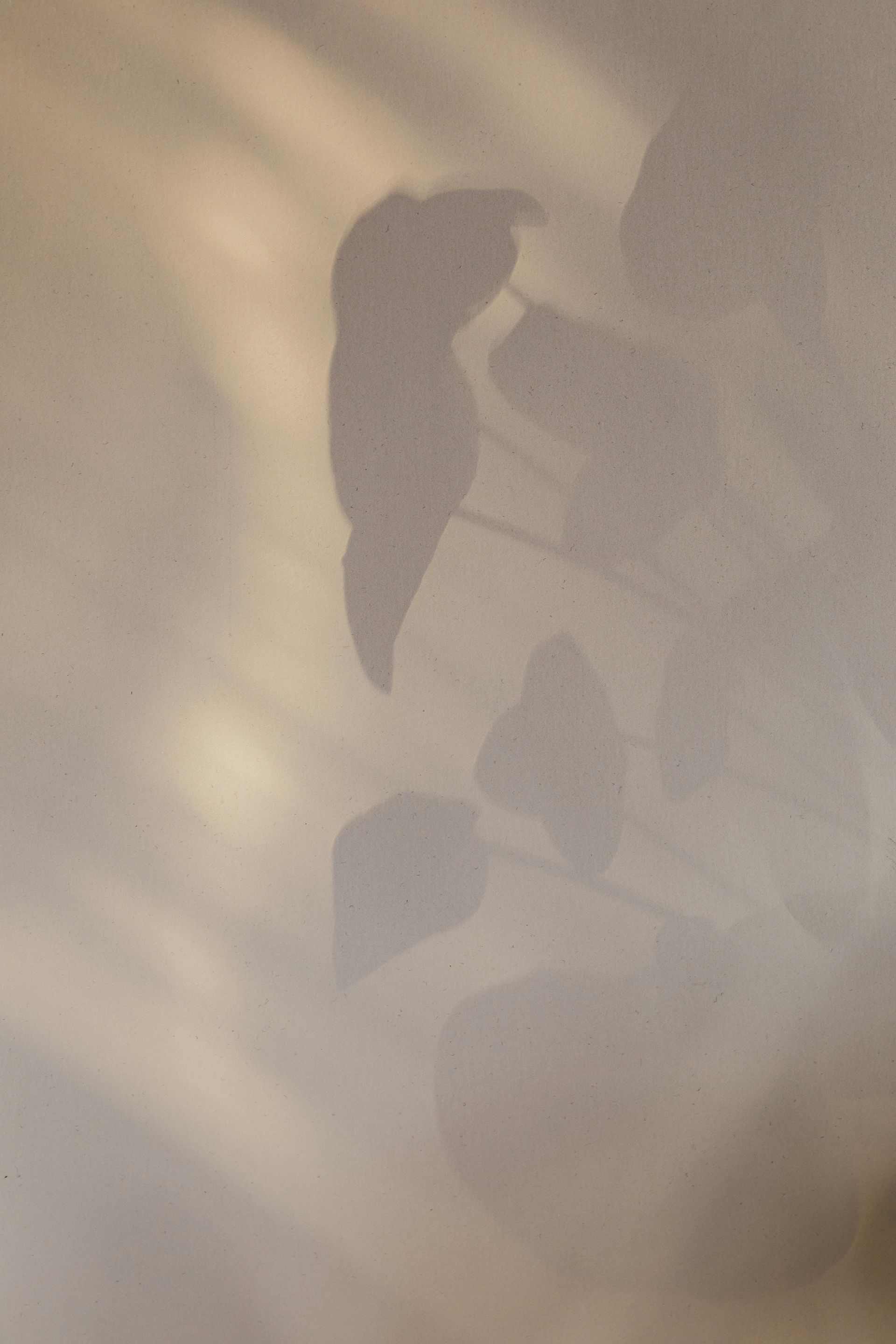Ywiss & Tiio, the SRMT environmental cartoon characters explain how back in the day people would rely on reusing items, making items last through the times. 2022 wasn’t the exception, and we started the STOP & SWAP event where people donated unwanted used items and others took what they found valuable for free. Mostly books, lamps, and clothing. use the image for decorative purposes.
Saint Regis Mohawk Tribe on Repair and Reuse
Last year in Akwesasne, the Saint Regis Mohawk Tribe’s Solid Waste Program diverted 1176.4 lbs. of reused items from the trash during reuse/fix events. The most reused item was clothing. The most commonly repaired item was lamps. We recognize the SRMT community made this reuse event a reality. People in Tribal lands are familiar with the reuse concept.
The SRMT Recycling and Waste Reduction Handbook reminds people to only buy what they need. Shopping smart and greener by investing in durable & reusable products. How to take proper care of shoes and clothing and repair them to extend use. For us, it’s about the well-being of the land and community.
Share Post
